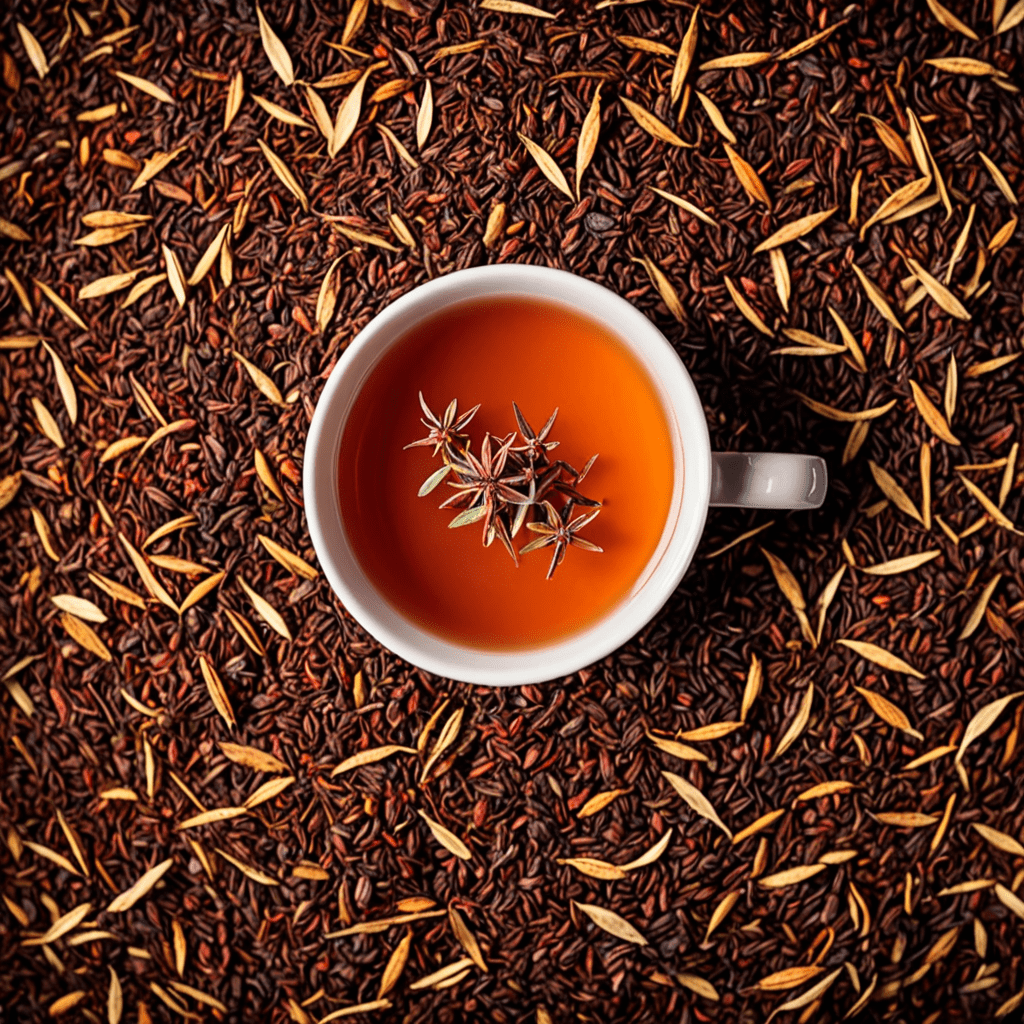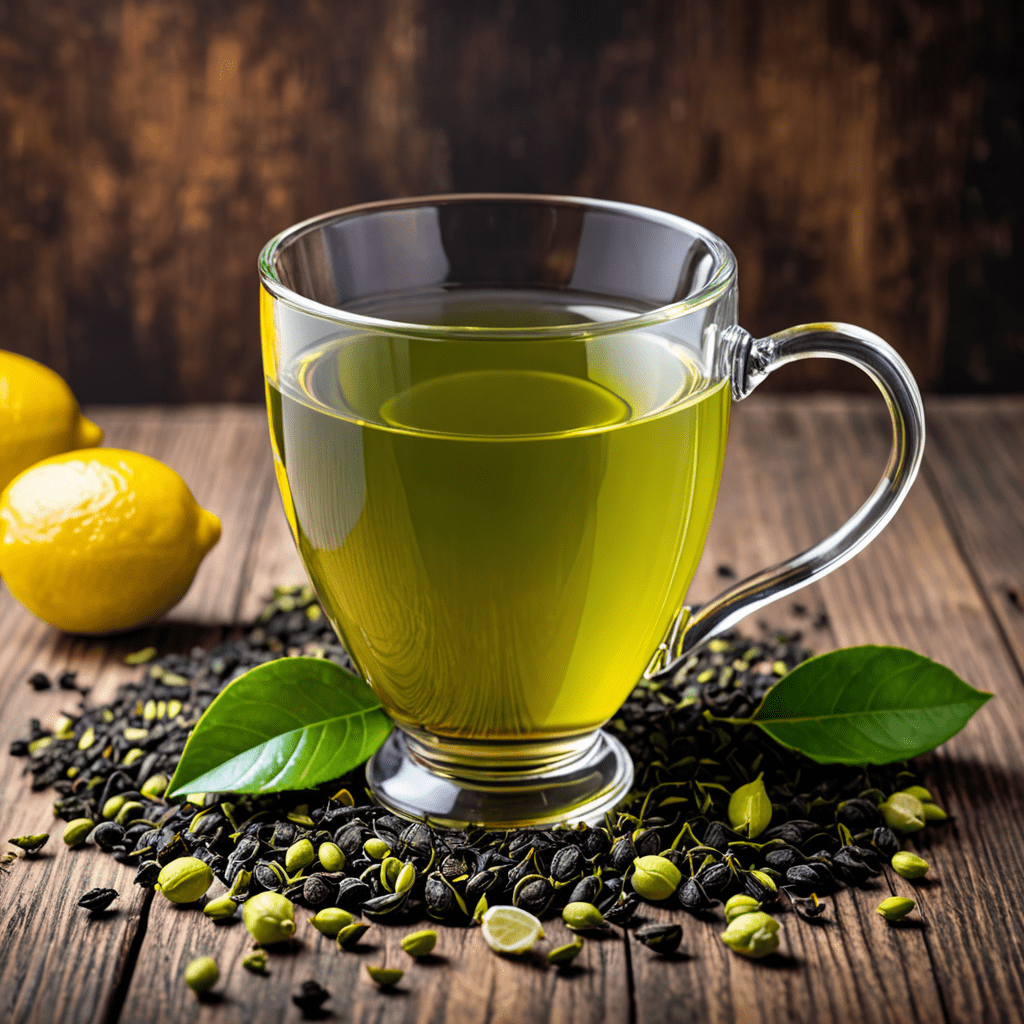Rooibos Tea: A Guide to Its Therapeutic Properties
Discover the natural wonders of Rooibos tea and its range of therapeutic properties that have made it a beloved choice among tea enthusiasts worldwide. In this comprehensive guide, we delve into the health benefits and unique characteristics that set Rooibos apart from other teas.
The Origins of Rooibos Tea
Rooibos tea, also known as red bush tea, originates from the Western Cape region of South Africa. Traditionally harvested from the Aspalathus linearis plant, this caffeine-free herbal tea has been consumed for centuries due to its exceptional flavor profile and health benefits.
Antioxidant Powerhouse
One of the key reasons for the growing popularity of Rooibos tea is its high antioxidant content. These antioxidants, such as aspalathin and quercetin, help combat oxidative stress in the body, reducing the risk of chronic diseases and promoting overall well-being.
Supports Heart Health
Studies indicate that Rooibos tea may contribute to heart health by lowering blood pressure and improving circulation. Regular consumption of Rooibos tea has been linked to a reduced risk of heart disease, making it a heart-friendly beverage choice.
Immune-Boosting Properties
Rooibos tea is rich in various minerals and vitamins, including vitamin C and zinc, which are known for their immune-boosting properties. Enjoying a cup of Rooibos tea can help strengthen your immune system and ward off common illnesses.
Calming Effects and Stress Relief
Due to its naturally soothing properties, Rooibos tea is often hailed for its calming effects. It contains compounds that help reduce stress and anxiety levels, promoting relaxation and overall mental well-being.
Improves Skin Health
Thanks to its anti-inflammatory properties, Rooibos tea may aid in improving skin conditions such as acne and eczema. When applied topically or consumed regularly, Rooibos tea can contribute to a clear and radiant complexion.
Conclusion
In conclusion, Rooibos tea offers a myriad of therapeutic properties that make it a valuable addition to your daily wellness routine. Whether you enjoy it hot or cold, this fragrant and flavorful tea is not only a delight for the senses but also a powerhouse of health benefits. Embrace the goodness of Rooibos tea and elevate your tea-drinking experience to a whole new level!
Frequently Asked Questions (FAQ) About Rooibos Tea
What is Rooibos Tea?
Rooibos tea, also known as red bush tea or African red tea, is a herbal beverage made from the leaves of the
Aspalathus linearis
plant indigenous to South Africa.
What are the Therapeutic Properties of Rooibos Tea?
Rooibos tea is rich in antioxidants, such as aspalathin and quercetin, which have anti-inflammatory and antimutagenic properties. It may help with digestion, skin health, and overall well-being.
Can Rooibos Tea Help with Sleep?
Yes, Rooibos tea is caffeine-free and contains trace amounts of minerals like magnesium and calcium that can help relax the body and promote a good night’s sleep.
Is Rooibos Tea Safe for Children?
Rooibos tea is generally considered safe for children to consume as it is caffeine-free and has a mild taste. However, it’s always best to consult with a healthcare provider before introducing any new beverage to a child’s diet.
How to Prepare Rooibos Tea?
To make a cup of Rooibos tea, steep a Rooibos tea bag or loose



